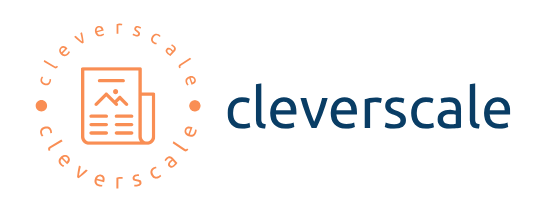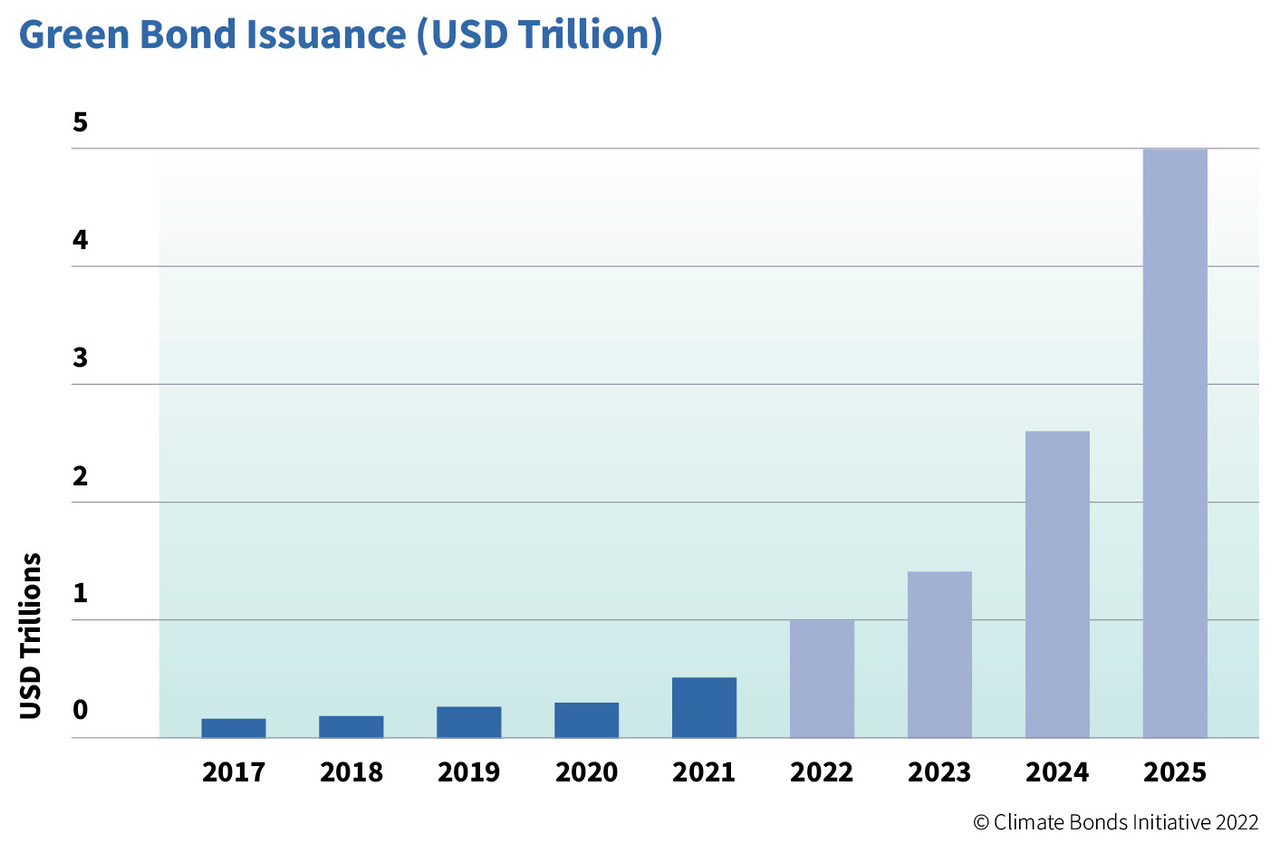
Empowering Futures through Financial Literacy in the USA:
Financial literacy is a cornerstone of personal and societal well-being, and in the USA, it plays a crucial role in empowering individuals to make informed financial decisions. Let’s delve into the importance of financial literacy and its impact on building a secure financial future.
Understanding the Basics of Financial Literacy:
Financial literacy encompasses the knowledge and skills needed to manage money effectively. It includes understanding concepts such as budgeting, saving, investing, and debt management. In the USA, fostering a culture of financial literacy is essential for individuals to navigate the complexities of personal finance successfully.
The Role of Education in Financial Literacy:
Education is a key driver of financial literacy. Formal education systems and programs that integrate financial literacy into curricula contribute to equipping individuals with the necessary skills to make sound financial choices. Educational initiatives at various levels empower people to develop a solid foundation in financial management.
Budgeting and Financial Planning:
One of the fundamental aspects of financial literacy is the ability to create and adhere to a budget. Understanding income, expenses, and setting financial goals are integral components of effective budgeting. Financial planning, which includes setting short-term and long-term goals, is crucial for achieving financial success.
Navigating Credit and Debt:
Financial literacy extends to comprehending the nuances of credit and debt. Individuals need to understand how credit works, how to maintain a good credit score, and how to manage debt responsibly. Knowledge in this area is essential for making informed decisions when it comes to borrowing and managing credit.
Investment Literacy for Wealth Building:
Building wealth requires a level of investment literacy. Understanding the basics of investment vehicles, risk and return, and long-term wealth-building strategies is vital. Financially literate individuals are better positioned to make investment decisions aligned with their financial goals.
Retirement Planning and Financial Security:
Financial literacy plays a significant role in retirement planning. Individuals need to understand the importance of saving for retirement, exploring retirement investment options, and planning for a financially secure future. Well-informed decisions during the working years contribute to a comfortable retirement.
The Digital Age and Financial Literacy:
In today’s digital age, financial literacy extends to navigating online financial tools, mobile banking, and understanding digital payment systems. Familiarity with digital financial platforms is crucial for managing money efficiently and securely in the modern era.
Financial Literacy for Small Businesses:
Financial literacy is equally important for small business owners. Understanding business finances, managing cash flow, and making strategic financial decisions contribute to the success of small enterprises. Financially literate entrepreneurs are better equipped to navigate the challenges of business ownership.
Continuous Learning and Adaptation:
Financial literacy is not a one-time achievement; it’s an ongoing process. Markets change, financial products evolve, and life circumstances fluctuate. Continuous learning and adaptation are critical for individuals to stay financially literate and make informed decisions throughout their lives.
Accessing Resources for Financial Literacy:
In the USA, platforms like Financial Literacy USA play a crucial role in providing resources and tools for enhancing financial literacy. These platforms offer valuable insights, educational materials, and interactive tools to empower individuals on their journey to financial well-being.
Empowering individuals with financial literacy in the USA is not just an individual benefit but contributes to the overall economic health of the nation. As people become more adept at managing their finances, they can build a foundation for a secure future and contribute to a financially literate society.

